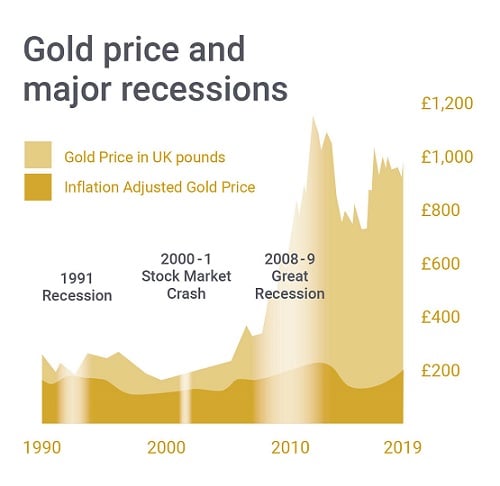The US government’s increasingly aggressive tariff policies are sending shockwaves through global trade, and Spain’s olive oil industry is squarely in the line of fire. As the world’s leading producer and exporter of olive oil, Spain is now grappling with an unprecedented challenge.

These aren’t just minor adjustments; we’re talking about a significant economic blow. American tariffs are drastically increasing costs for Spanish exporters, squeezing profit margins to dangerously thin levels. Orders are being cancelled, and the pain is particularly acute for smaller businesses.
Some smaller exporters have already been forced to halt shipments to the US entirely. This isn’t simply a trade dispute; it’s a threat to livelihoods and the stability of an entire industry. The question now is not if Spain will adapt, but how quickly.
Let’s break down the core issue: Understanding Trade Tariffs. Tariffs are essentially taxes imposed on imported goods, making them more expensive for consumers and businesses. They are a common tool used in trade negotiations, but when deployed indiscriminately, they disrupt established supply chains.
Another key point: The Importance of Diversification. Spain’s reliance on the US market has become a vulnerability. This crisis underscores the critical necessity for exporters to diversify their markets and reduce dependence on any single nation. It is essential to be agile and explore new opportunities.
Finally, consider The Impact on SMEs. Small and medium-sized enterprises (SMEs) are often the most vulnerable to trade shocks. They lack the resources to absorb increased costs or quickly pivot to new markets. Support for these businesses is paramount.





